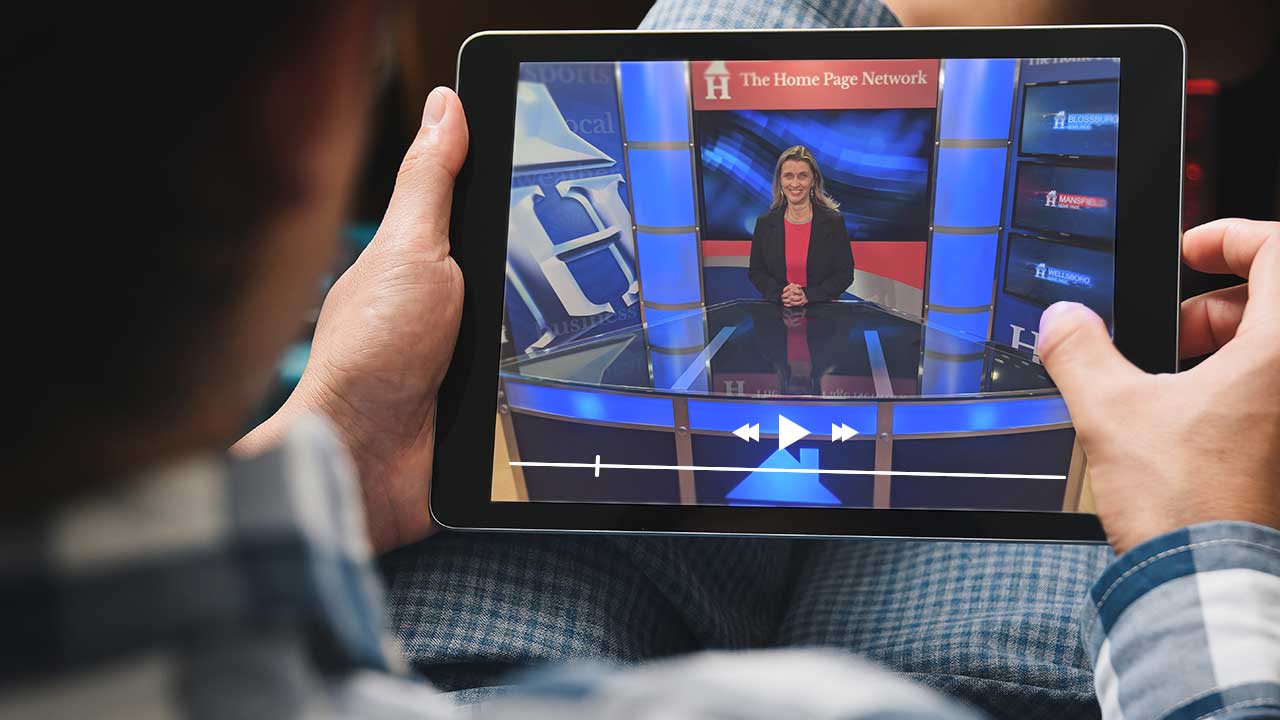
COVID-19 Increases Time on Devices
Many people have suddenly found themselves spending more time at home, relying on televisions, video games, computers, and phones to help pass the hours. Is all this screen time bad for our eye health?
Effects of Too Much Screen Time
Spending too many hours staring at a screen can cause eye strain. You tend to blink less while staring at the blue light from a screen, and the movement of the screen makes your eyes work harder to focus. We typically do not position the screen at an ideal distance or angle, which can cause added strain. All these issues add up and can lead to lasting effects on your vision, especially in children.
Potential effects of screen time, include:
- Eye fatigue – Your eyes can get tired from intense use causing double vision, headaches, and concentration difficulties.
- Dry and irritated eyes – You tend to blink less when staring at a screen and your eyes can become dry and irritated. You should avoid dry eye because it can impact the health of your eye and cause blurry vision.
- Loss of focus flexibility – Typically, loss of focus flexibility happens as we age, but excessive screen time can impact our ability to adjust our eyes to see at all distances quickly.
- Nearsightedness – Screen time can keep our kids indoors, which can have a long-term impact on eye health. In children, natural daylight is important to developing eyes. Studies have shown children who spend more time indoors are more likely to develop nearsightedness.
- Retinal damage – Digital devices release blue light, which can reach the inner lining of the back of your eye (retina). Studies show that blue light can damage light-sensitive cells in the retina. This can lead to early age-related macular degeneration, which can lead to loss of eyesight. According to the American Optometric Association, children are more likely than adults to experience when exposed to this high-energy light.
In addition, too much screen time can have a major impact on your sleep. Research shows that the blue light alters the brain’s sleep rhythms when used close to bedtime. The brain thinks the screen light is daylight, and it can shift the body’s sleep rhythm.
Tips to Protect Your Eyes from Too Much Screen Time
There are easy steps you can take to reduce your risk of eye strain or damage, including:
- Adjust lighting – Most screens have a brightness adjustment. Make sure that your screen isn’t brighter than the surrounding light, or your eyes will have to work harder to see. Adjust your room lighting or your screen lighting and increase the contrast on your screen to reduce eye strain.
- Give your eyes a break – The American Ophthalmological Society recommends using the 20-20-20 rule to reduce eye strain. Take a break every 20 minutes by looking at an object 20 feet away for 20 seconds. This gives your eyes a break and allows them to refocus.
- Keep eyes moist – Consider using artificial tears to lubricate your eyes when they feel dry. Not only can screen time dry your eyes out, but the heaters and air conditioners in your space can further dry your eyes out.
- Keep your distance – Keep your screen about an arm’s length or 25 inches away from your eyes – your eyes work harder when the screen is close to your face. Also, the angle of the screen should have you looking slightly downward.
- Reduce glare – It is important that you position the screen so that you do not produce a glare from sunlight or internal light. A glare can further aggravate the eye.
- Use blue light filters – A blue light filter can decrease the amount of blue light displayed on your screen. By reducing this light, your eyes won’t feel as tired by the end of the day.
- Yearly eye exam – Get a yearly eye exam so your physician can check your eye health and determine if any chronic eye conditions are developing.
The effects of too much screen time on your eyes can be easily avoided if you take steps to reduce your eye discomfort. If you notice symptoms developing, you probably aren’t taking the proper precautions. If the simple tips mentioned don’t help you, you could potentially have an underlying eye problem, such as eye muscle imbalance or uncorrected vision, so talk to your primary care provider.
Jennifer Chestnut is a physician assistant at Family Medicine at Duboistown. For more information on Primary Care Services at UPMC, visit UPMCSusquehanna.org.























































